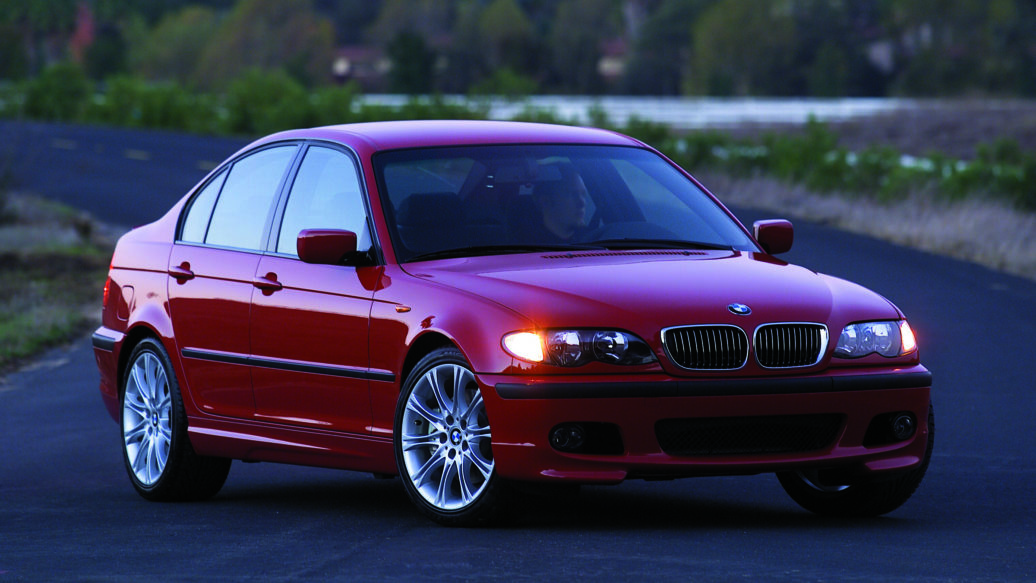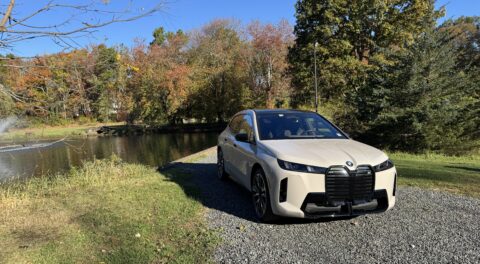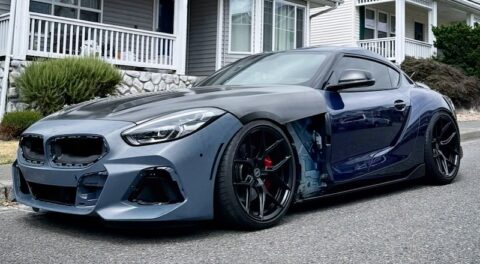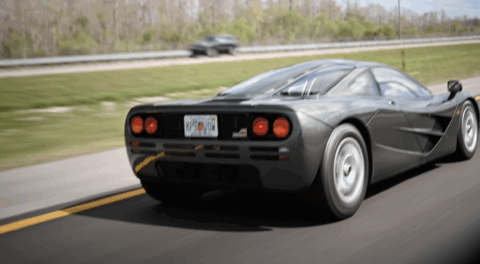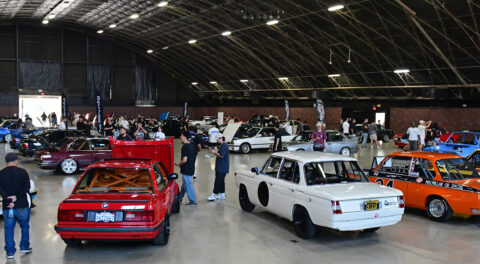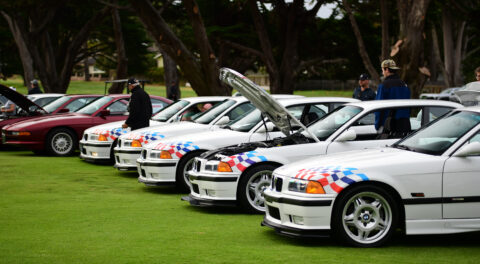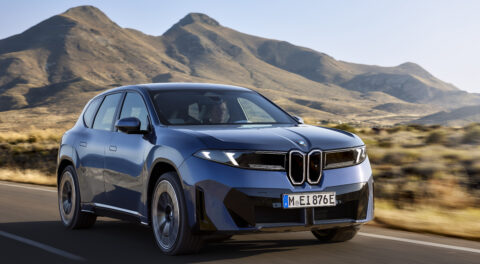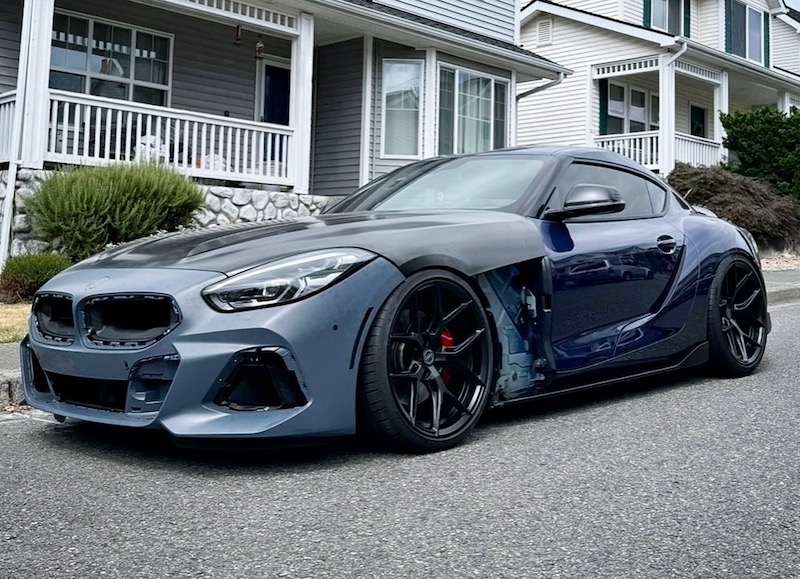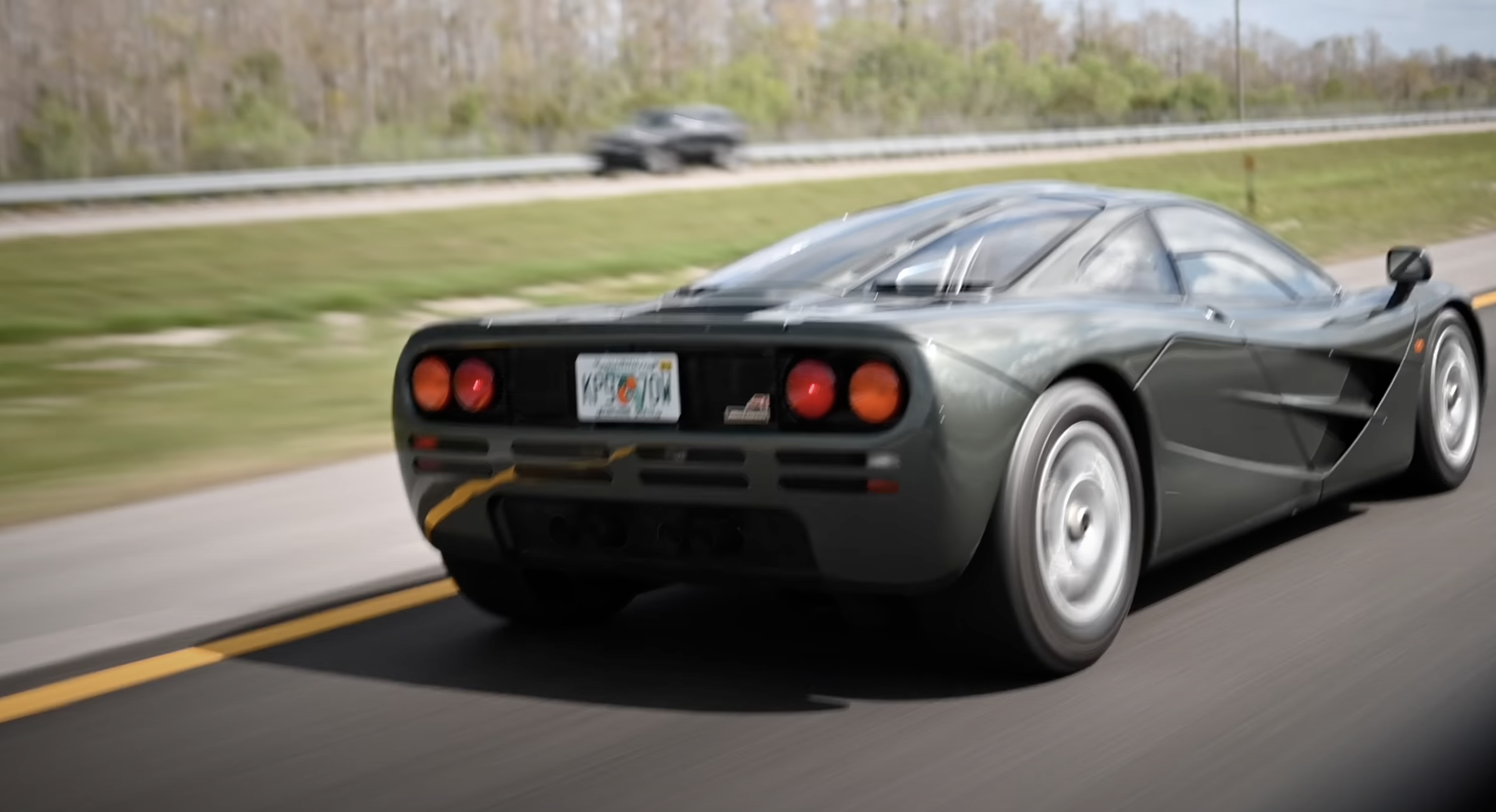As car enthusiasts, we often fantasize about our dream garage. I’m not talking about the structure itself—which should, of course, be complete with a lift and a nice epoxy floor, ample lighting, and every tool you can dream of. No, I am referring to the occupants of the garage.
I like to confine my speculations to just two or three cars (although I do have a term for the ultimate dream setup, which I call the Leno Scenario, in which I fill warehouses with slight variations of otherwise similar cars, and employ a staff of specialists to keep them all going, but I find it’s actually a lot more interesting to remain realistic). You can have a little fun with the price range, or by going all modern, all vintage, or a mix of the two, but putting a limit on the number of vehicles seems to draw out the inner creativity out of us car folk.
There’s no getting around the fact that a multi-car solution is ideal, whether we’re talking two, three, or even more varied vehicles. The reality of the situation for many, however, means zeroing in on a single model that can do most of what we need on a daily basis well enough at an acceptable price.
Being a car enthusiast introduces numerous additional demands—which translate to compromises—into the equation, but circumstances never seem to stop us from dreaming.
This subject has been mentioned several times on this site before, discussing models new and old: a single BMW in which to do it all, whatever that might mean for your lifestyle—a single-car solution, if you will. The longer time goes on, the more choices it seems we have, something that’s made possible by technological advancement and the transformation of the automotive landscape before our eyes.
Although many BMW CCA members are fortunate to have a multi-car stable, myself included, the thought of having just one car seems to be a reoccurring theme, whether that’s out of a desire to simplify, or to shake things up. So if you had to do get by with just one car, what would it be?
Allow me to make my case for a handful of vastly different BMW models that I have in mind, because variety of is the spice of life, right?
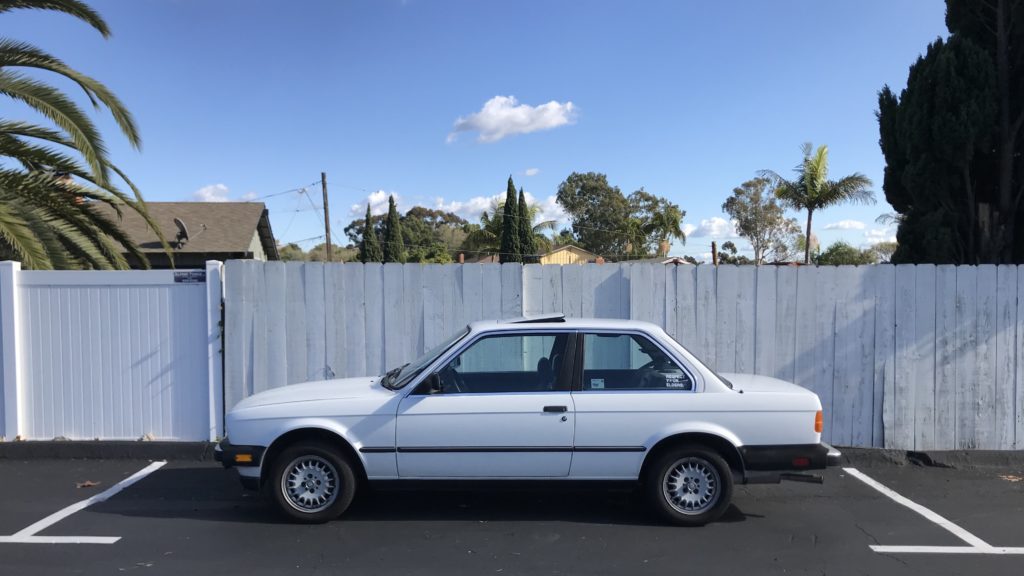
1. A nicely dialed-in E30
It’s getting harder and harder to make the case for using an E30 as a daily driver. They’re old, loud, and remarkably unsafe compared with modern automobiles, since only the final few model years came with a single steering-wheel mounted airbag. Nevertheless, there’s also nothing quite like driving an E30, a model that, like the 2002, can be credited with initially attracting many of us to the lifestyle that is BMW ownership. The exterior is almost perfectly proportioned, with understated design language that has aged exceptionally well. The entire model range with the exception of the M3 is simple, rudimentary, and not particularly expensive to keep running—but by the same token, the newest E30 is now over 25 years old, and making one reliable for daily, unrelenting use requires significant investment.
Tastes may vary, but here’s how I’d build mine: The blank canvas would be an Alpine White 325e (a 325es or super-eta would be fine, too) coupe or sedan with big bumpers—I like the anodized finish and I grew up dreaming of diving-board-bumper BMWs. I’m not stuck on the super-eta, because I’d like to have the engine rebuilt using the 2.7-liter e bottom end (but with high-compression pistons) and, of course, the 2.5-liter i head. I would conservatively lower the car, likely with Bilstein suspension components, and the exhaust would be the dual-pipe Ansa sport system with those great tips (you know the ones; their design isn’t far off from what sticks out the back of a Ferrari 275 GTB). The interior would be completely redone using some type of darker cloth, with either the original sport seats up front or perhaps something more supportive by Recaro or Scheel from the car’s original period. I’d like all creature comforts, features, and functional amenities, including a nice Bluetooth stereo, function air-conditioning, and cruise control. Upgraded lighting is a must, too—thankfully, there are cost-effective solutions for replacing the original U.S.-market sealed-beam headlights.
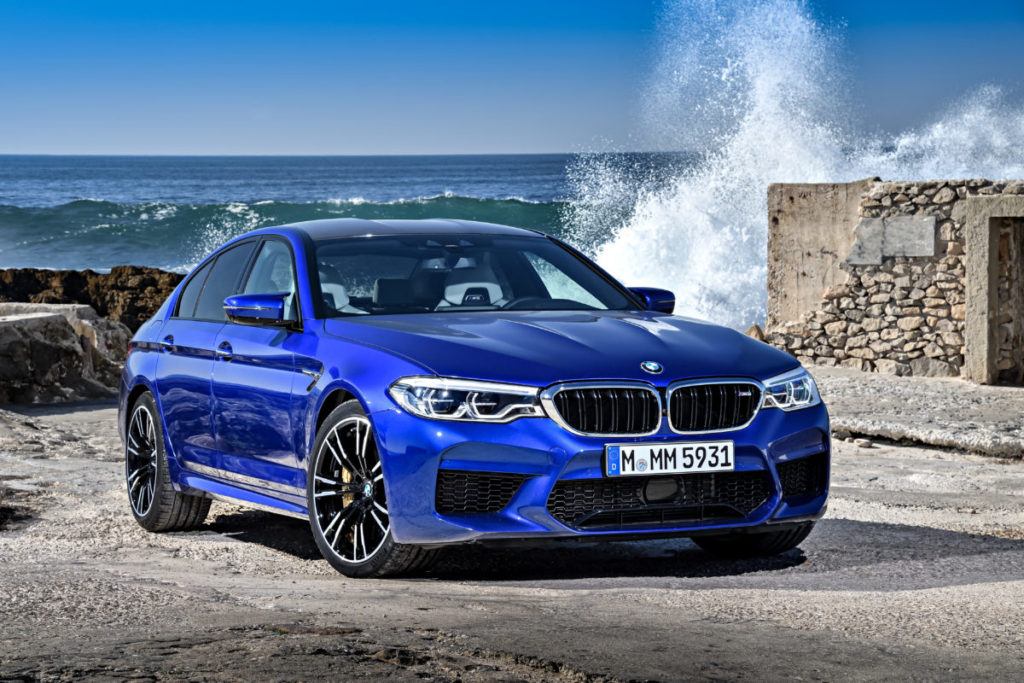
2. F90 M5
Who wouldn’t mind picking up a brand-new M5 from the dealership, or finding a great deal on a Certified Pre-Owned example in great condition with low mileage? Certainly not me. We don’t know how fast the new M3 and M4 will be yet (especially with M xDrive), but the current M5 and M5 Competition are among the most capable BMW models on sale right now. The M8 and its Competition derivative are slightly faster, and the M8 Gran Coupé can satisfy your need for four doors, but there’s no denying the utilitarian advantage of the M5, which is of course based on the conventional 5 Series executive midsize sedan.
With a zero-to-60 time that’s been recorded well within the three-second range, the current M5 can compete with some of the fastest production cars on Earth right now, but it does so while offering seating room for up to five, and a trunk that can hold nearly as many full sets of golf clubs and bags. It’s a combination few other vehicles out there can match, especially at its price. Recently updated with enlarged kidney grilles, the M5 remains downright restrained compared with other contemporary BMW offerings. An M car will always be a bit harsh for daily use, but if this (or cost) is a deal-breaking concern, there’s always the M550i—which happens to be just as fast as the previous M5.
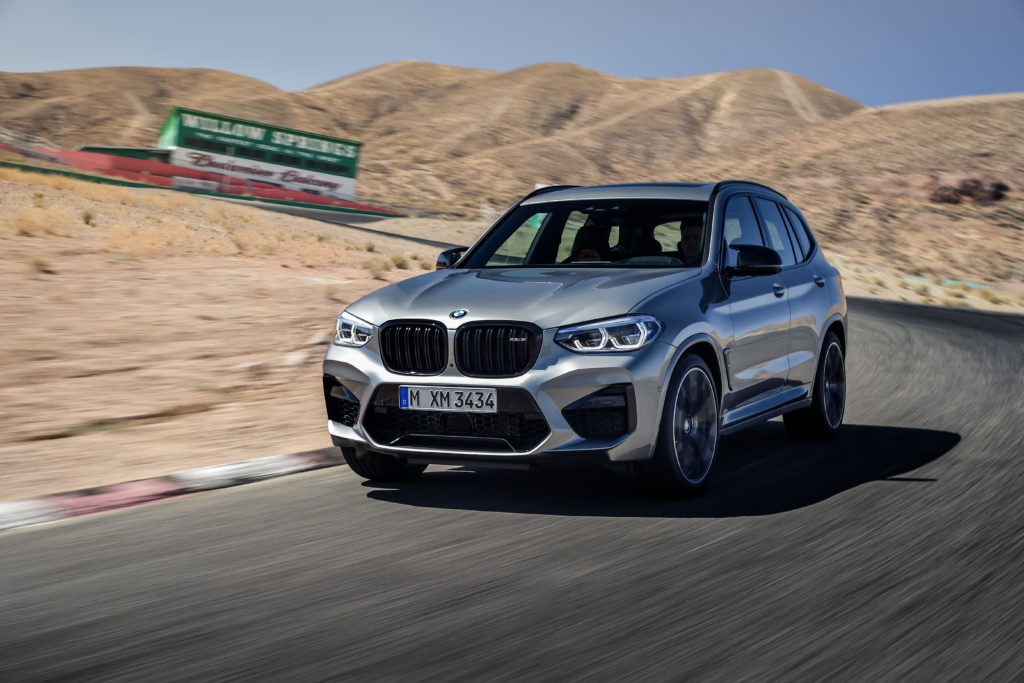
3. X3 M
What if you need an SUV (or SAV, in BMW-speak) but don’t want to miss out on the performance offered by modern cars? Although many of us may have initially considered the first M generations of the X5 and X6 sacrilege when they debuted over a decade ago, the succeeding generations have made the case for the performance range-topping SAV and SAC, and BMW is democratizing the strategy to the X3 and X4. Unveiled last year, the X3 M and X4 M use the same engine as the latest M3 and M4, with Competition models coming with more than 500 horsepower.
If it sounds like overkill, it might be, but there’s little question that BMW is filling a niche that other manufacturers—like Mercedes-Benz, Alfa Romeo, Audi, and others—have already been exploiting for a few years. The X3 M has faced similar criticisms as the M5—namely that it may be just a bit too rough for daily-driving duty—but there are options here as well. We’ve already waxed poetic about the X3 M40i, and how, with 380 horsepower, it may be all you really need. If your lifestyle dictates something a bit larger, there’s the X5 M, or the tamer X5 M50i—remember, though, we have to pick just one to park in the garage.
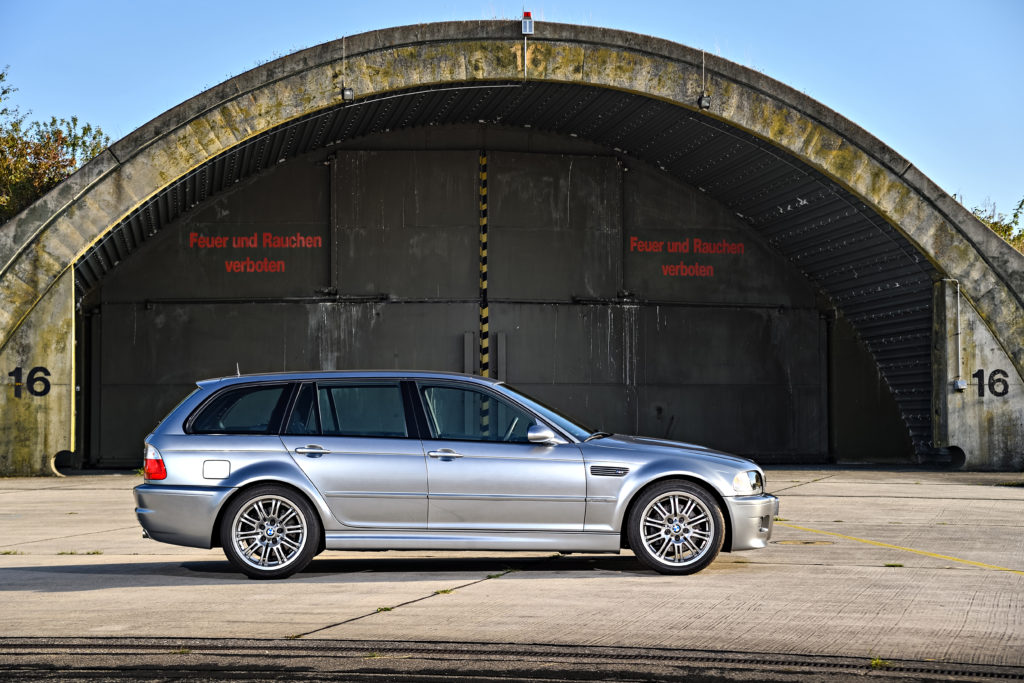
4. S54-swapped E46 330i ZHP or Touring
I’ve been thinking about this one for something like ten years at this point. Was the the E46 a high-water mark for the 3 Series and BMW in general? We enthusiasts certainly seem to think so, and I was lucky enough to own a pair of 330i sedans. They weren’t ZHPs, however; I consider the E46 M3 and the ZHP among things I’d like to experience before I’m gone.
Back when late-model E46s were still young enough to be coming off CPO warranty coverage, I formulated the idea that the ultimate single BMW would be a Silver Grey Metallic 330i ZHP sedan that had been re-powered with the E46 M3’s S54 engine under the hood and the rest of the M3’s drivetrain below, six-speed manual included. (It doesn’t all fit perfectly—something about the M3’s rear end and axles, if I recall correctly—but it’s now been pulled off more than a few times.)
I would change nothing about the exterior of the ZHP sedan, because I think they came nearly perfect just the way BMW made them.
This idea came to me a long time ago, and has never been completely eliminated from my thinking, even after owning numerous other BMW models newer, older, and faster.
I can make a similar case for the growing trend that involves S54-swapping an E46 Touring. My personal project would involve a few caveats, however: The E46 wagon would have to be an LCI example, and I’d be hard-pressed to find a better color than Silver Grey Metallic, although some of the blues (like Topaz) are nice, too. The M-Tech II body kit that we associate with the ZHP would be a necessity—thankfully it was offered on the Touring chassis in other markets.
I suppose that if I really had to pick just one, the wagon would be the way to go—besides, this short list deserves a wagon of sorts. Our only recent Touring option in the U.S. is the F31, which was limited to four-cylinder engines here
When you come right down to it, there’s just something about the E46; it comes from BMW’s modern golden age. I’ve always felt that the high-revving, high-strung S54 was a bit at odds with any Touring chassis, but there are now numerous examples of the long-roof that BMW never made roaming the streets of the U.S., and they provide the necessary proof of concept.
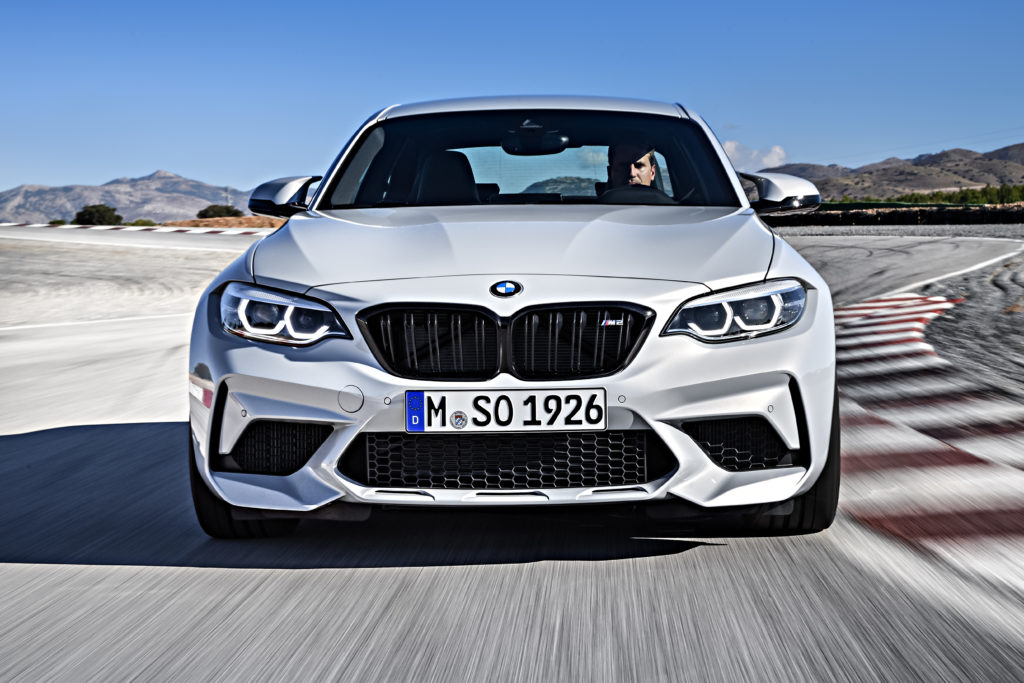
5. M2 Competition
I’ll take mine in Long Beach Blue, please. I know that the novelty of the newer M color may have worn off by now, but if I buy another M car, I’d like to go for something vibrant, and Long Beach Blue fits the bill perfectly.
This list of potential single-car garage candidates is varied and multi-faceted, but the truth is that for the foreseeable future, I don’t actually need four doors, much less an SUV or SAV—although I can’t deny their utility, especially when it comes to shrugging off the potholes of America’s crumbling infrastructure. A coupe—or even a roadster—will do, as long as the trunk can accommodate at least one full set of golf clubs (Taylormade M3 driver included).
The M2 Competition also corrects the shortcomings of the M2 that a two-time N55 135i owner like me find a bit objectionable. It’s not so much that the N55 and the lack of full M seats and aerodynamic mirrors preclude the original M2 from being an M car or an exceptional drive by any means, but I find it hard to make the case for spending M2 money for the same underlying drivetrain that I’ve already been enjoying—with genuine hydraulic power steering, mind you—for years at this point. Either way, I still want the M2’s presence, and the S55 of the M2 Competition, along with Long Beach Blue, seal the deal.
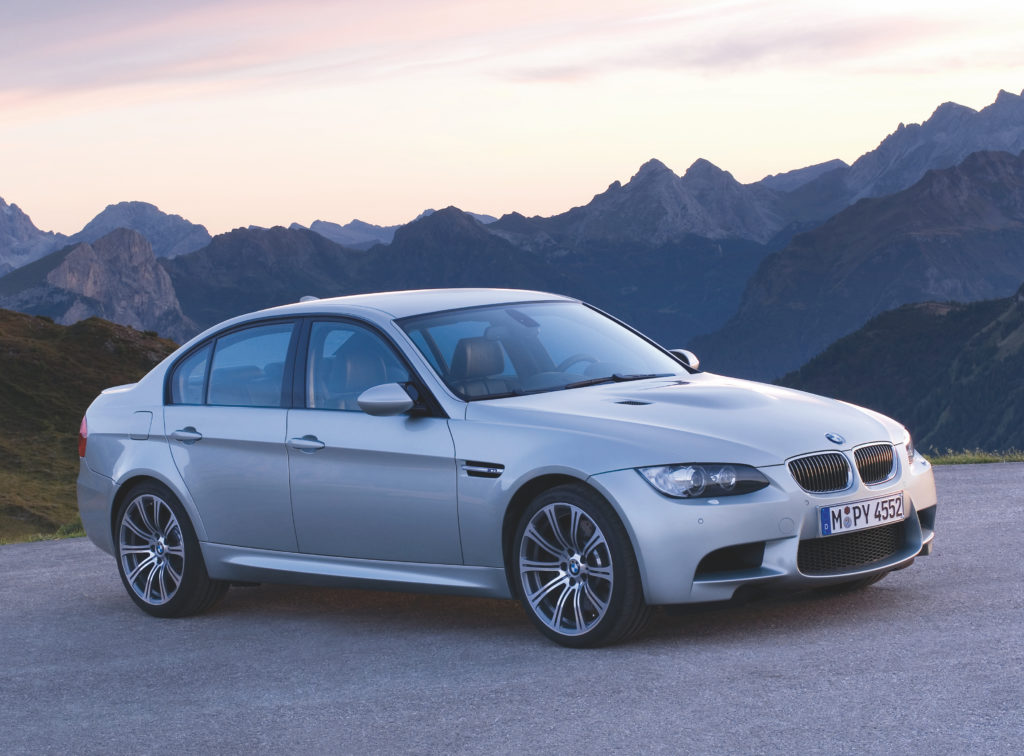
Honorable Mention: E90 M3
The E90 hails from a generation of BMWs that are getting long in the tooth in terms of technology and efficiency, but does it really matter? The end of the BMW internal-combustion engine may very well be in sight within the next three to four decades, and there are few scenarios in which the company will ever produce a naturally aspirated engine again, let alone a V8 that can rev beyond 8,000 rpm. I’ll take my V8 M3 in sedan form, because I’d like to keep this one forever, and it’s got to have the Speed Cloth interior. There are a lot of options to make the incredible S65 four-liter V8 sing, but I have a hard time looking further than BMW’s own performance exhaust system (this was before M Performance parts were a thing); it uses the space-age alloy Inconel in its construction, not unlike the BMW-powered McLaren F1.—Alex Tock
[Photos courtesy BMW AG.]

